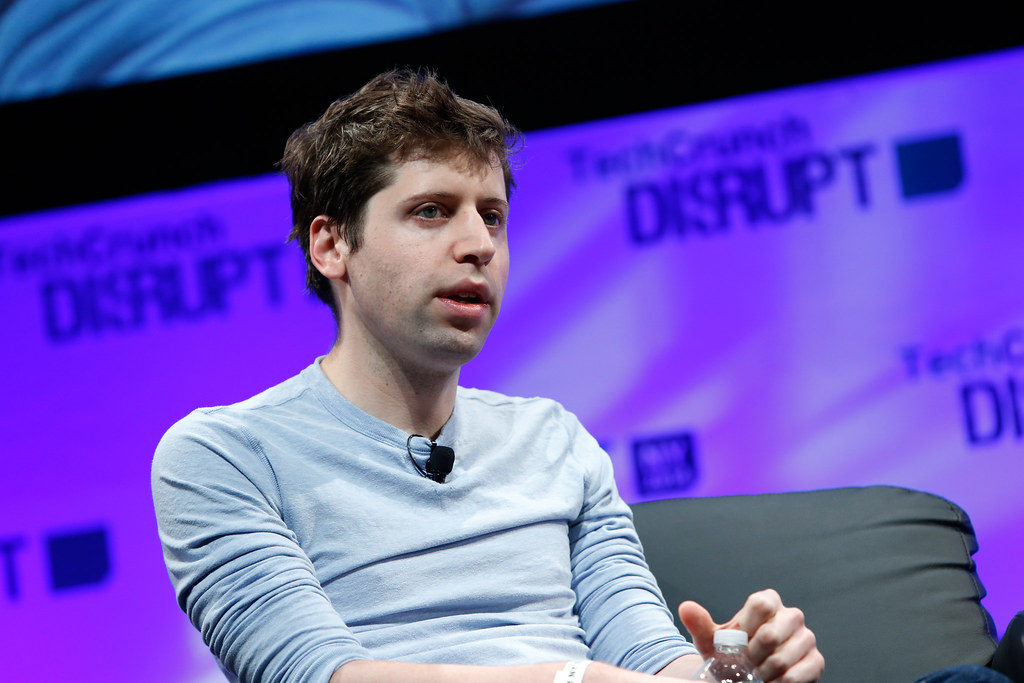
OpenAI CEO Sam Altman surprised the tech world on Thursday with the launch of Operator, his company’s first AI agent that can act autonomously on the web. However, OpenAI is not the only venture of Altman’s that’s focused on AI agents.
World Project and Digital Verification
Altman’s World project now seeks to create tools that link AI agents to people’s online personas, allowing others to verify that an agent is acting on someone’s behalf. Tiago Sada, World’s chief product officer, explains that the project is focused on creating digital “proof of human” tools. This will let users confirm that AI agents are acting as a representative of a real person.
World, a web3 initiative by Altman and Alex Blania’s Tools for Humanity, was originally known as Worldcoin. It operates under the premise that it will eventually be impossible to distinguish between humans and AI agents on the internet. To address this challenge, World intends to offer a system that gives people unique identifiers on the blockchain to prove they are human after scanning their eyeball with a silver orb.
It’s important to note that Tools for Humanity, the company behind World, has faced numerous pivots and controversies. World began as a cryptocurrency project, was temporarily banned in certain countries, and recently had to comply with a ruling that allows Europeans to delete their biometric data. In October, the project rebranded, dropping “coin” from its name, signaling a shift toward focusing more on human verification and less on crypto.
Linking AI Agents to People’s Digital Identities
While linking AI agents to human verification may seem like a departure from World’s original mission of verifying humans with web3 IDs, Sada argues that it is a natural progression for the project. He emphasizes that allowing AI agents to represent real humans is essential in an increasingly digital world. The integration of these agents into online platforms is viewed as a way to validate interactions and create a smoother user experience.
World’s ID technology could also be used to license AI agents to act on behalf of people, Sada says. The project plans to use its human verification tools to manage digital actions online, even if the actions are carried out by AI agents rather than the individual themselves.
The idea of delegating your “proof of personhood” to an AI agent may seem futuristic, but Sada argues that in some apps, it won’t matter whether an actual person or an AI agent is using the service. The key will be knowing that a real person has endorsed the interaction. This could fundamentally change how online services are accessed and how businesses engage with their customers.
Many websites today use tools from Cloudflare and Snowflake to block AI bots from scraping their content. However, Sada suggests that businesses may eventually reconsider these restrictions to allow AI agents to interact on behalf of users, especially if it benefits the business.
Sada provides an example where businesses could benefit from AI agents interacting on their behalf. If an AI agent enters a platform with a verification symbol, such as a “blue check mark,” businesses may be more inclined to allow those agents to complete actions. This could allow businesses to serve more users and expand their customer base through AI-driven interactions.
However, Sada cautions that businesses must be careful not to let all AI agents into their systems, as it could open them up to attacks or scams. By limiting AI agents to one per person, businesses can prevent such risks while still benefiting from the increased volume of interactions AI agents can facilitate.
OpenAI’s Growing Network of Ventures
Altman’s ventures may seem disparate, but collectively, they form a network designed to position AI—and by extension, OpenAI—at the center of a future-driven by technology. His nuclear fusion startup, Helion Energy, could one day provide the energy needed to power OpenAI’s data centers. Retro Biosciences, the longevity science company he backs, is already using OpenAI’s models to work on increasing human lifespan.
A key question surrounding World’s future is how its tools will integrate with OpenAI’s growing ecosystem. Altman is closely involved with World, speaking at events and reportedly interacting with the team regularly. Given the increasing overlap between AI technologies, it’s likely that World’s tools will eventually align more deeply with OpenAI’s operations, making the project a key part of OpenAI’s broader vision.
Author’s Opinion
The idea of linking AI agents to human identities seems like a logical step in a world increasingly reliant on automation. By validating AI-driven interactions, Altman’s World project could help create a more seamless online experience. However, as AI becomes more integrated into daily life, it will be essential for businesses and users to ensure that these interactions remain ethical and transparent. There’s great potential here, but it’s crucial that privacy and security concerns are addressed as AI agents take a larger role online.
Featured image credit: Getty Images via Flickr
Follow us for more breaking news on DMR
